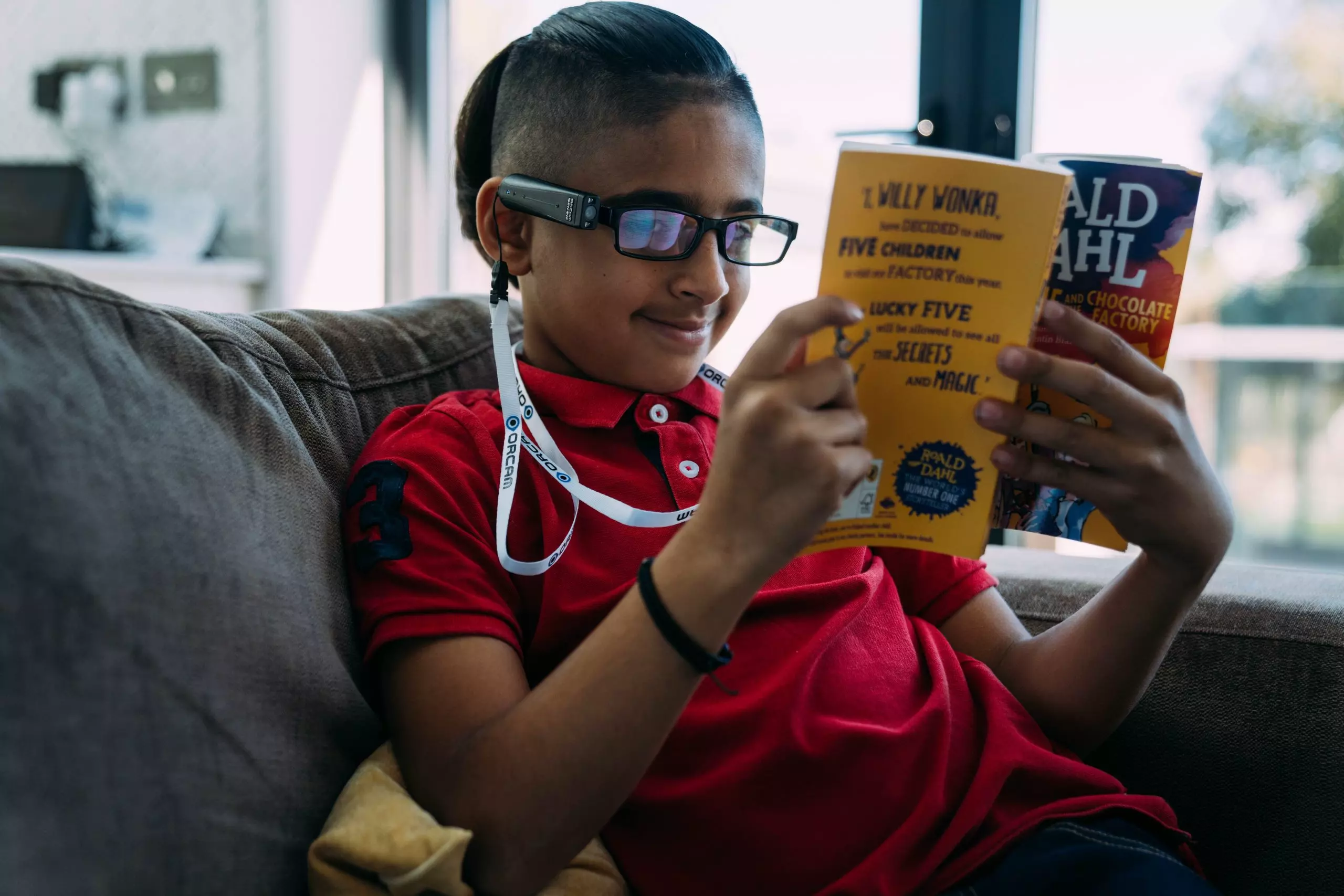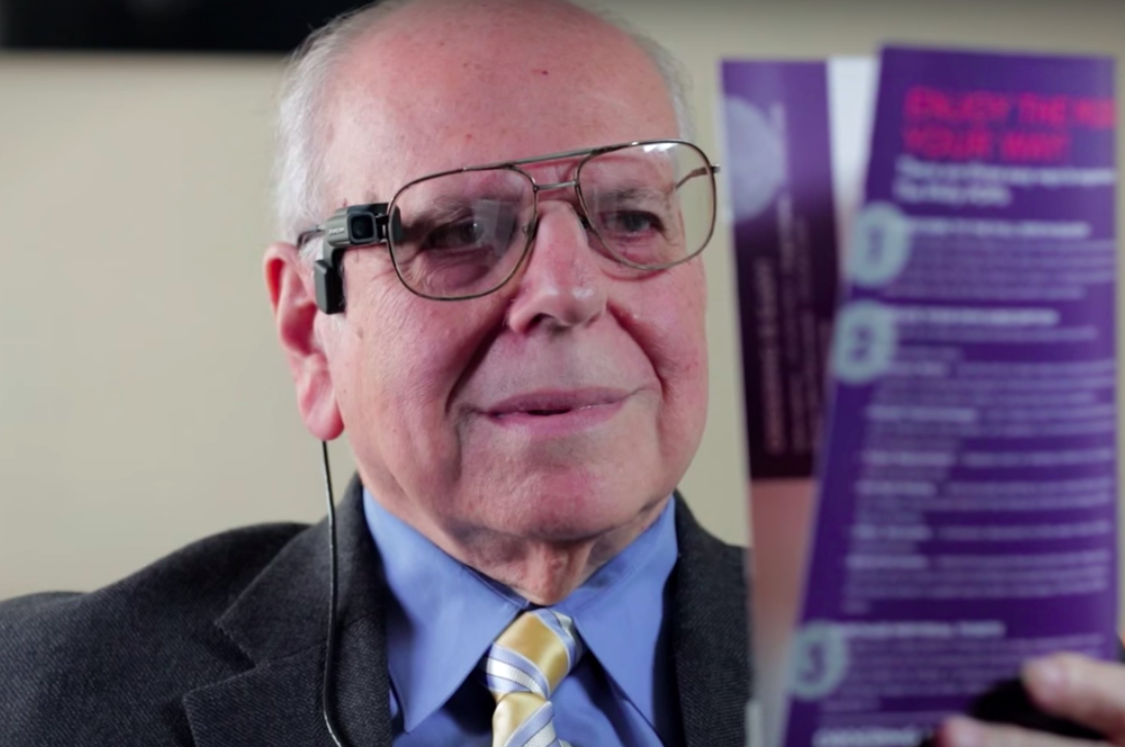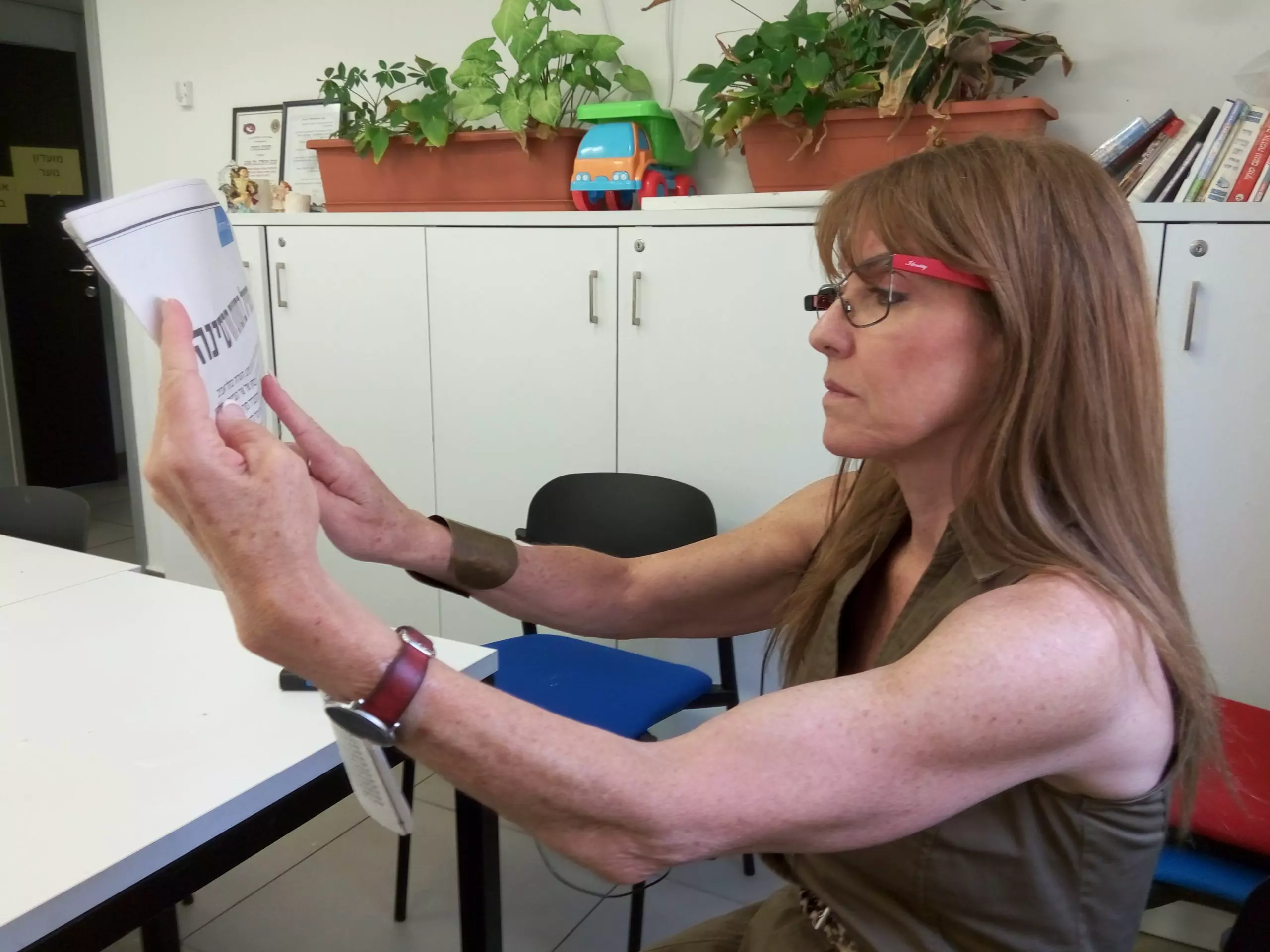Using Orcam MyEye 2 at Scientific Conferences, to Read Papers and Presentations
2019-09-01 | By Orcam Staff

My name is Dr. Claes Wollheim, and I am currently 74 years old, and I am a visually impaired doctor. I trained in medicine in Sweden and then specialized in diabetes at the University of Geneva. I’m now an active professor emeritus at the same university. My vision loss is due to retinitis pigmentosa. I stopped driving at the age of 31, and by the 1970s I had lost my central vision and needed to use technological aids. I have been using a cane since 1991. The biggest difficulty now is orientation and traveling alone by train.
Life as a Visually Impaired Doctor
The aids helped me temporarily at each stage of the vision loss. From different simple loupe systems to highly technical Macrovision devices like flatbed scanners and a computer running JAWS software, I have used almost all the tools out there. In 1989 I had the first Kurzweil reader in Switzerland that read to me the printed version of the spoken word in four languages. I could open a museum of these tools!
In September 2015 I met a scientist who had heard about OrCam. She had increasing vision loss but didn’t need a reading aid yet. Afterward, I visited the OrCam website and read the testimonials of other OrCam users, and was immediately curious what this new technology would make possible.
At the beginning of December 2015, I went to OrCam’s New York offices for training and became the first European user to get the OrCam MyEye. I was overjoyed to read a magazine!
Life With OrCam as a Visually Impaired Doctor

OrCam MyEye 2 has made my life a lot easier. I travel a lot and can now even read phone numbers and shampoo in the bathroom in my hotel room. Since I received Version 8 of the software in December 2017, I have read books, newspapers, and magazines in English, German and French with excellent voice quality. I also use OrCam at meetings and conferences to read the text of the projected slides. Music and literature are my hobbies, and with OrCam I can recognize CDs and read books.
As a doctor, I often recommend OrCam to colleagues who treat diabetes patients. Blindness is a side effect of diabetes and technical aids can make patients’ lives much more independent. I also recommend OrCam to elderly people suffering from macular degeneration.
More Stories

OrCam's tech empowers blind 10-year-old soccer fan to find independence
2024-01-23 | By OrCam Staff

A Girl With Reading Challenges Receives A Life Changing Gift
2024-01-16 | By OrCam Staff

How OrCam Has Liberated Me: Dr. Leonard Rosenfeld's Story
2024-01-16 | By OrCam Staff

Meet Eli, OrCam's Youngest User Dealing with Childhood Blindness
2024-01-16 | By OrCam Staff

Re-Learning How to Read: How OrCam has Transformed My Vision
2024-01-10 | By OrCam Staff

Read the guest post by Hadas Bar - OrCam
2023-12-17 | By OrCam Staff



